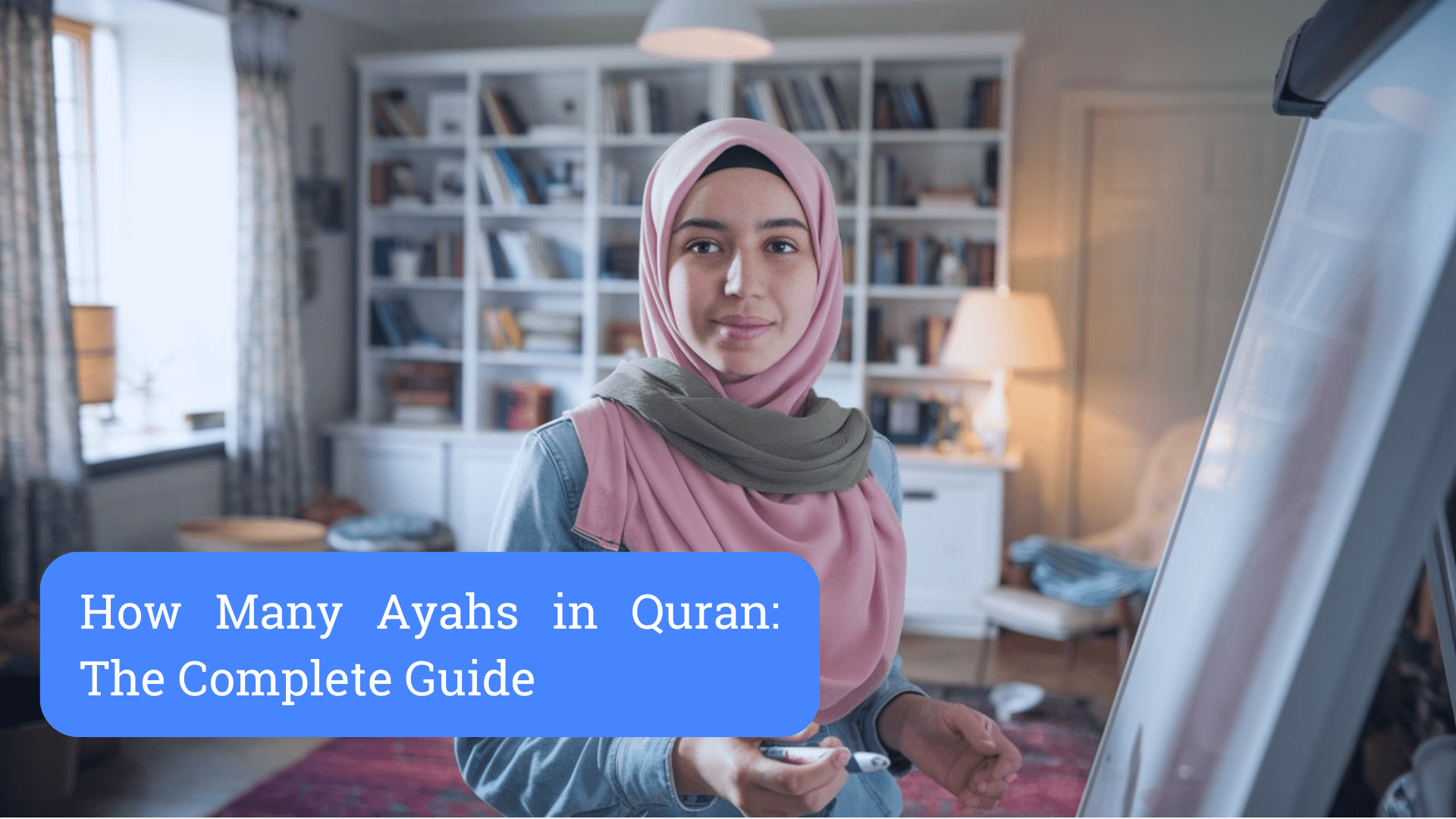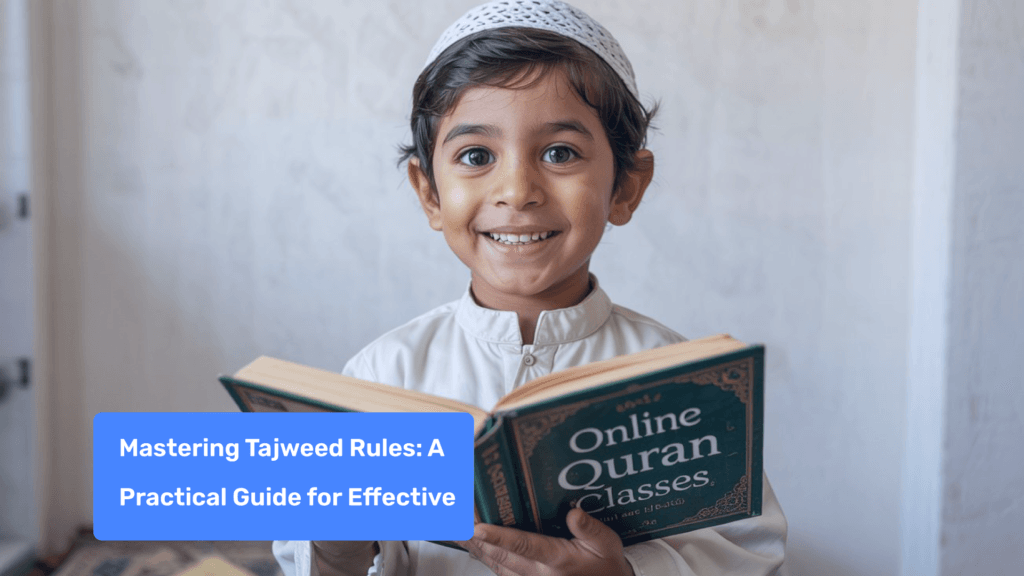The Holy Quran is the sacred book of Islam, believed to be the direct word of Allah (God) revealed to Prophet Muhammad (PBUH). The Quran is composed of 114, called surahs, or chapters, each containing verses known as Ayahs. These Ayahs form the backbone of the Quran’s message, offering guidance on every aspect of life. This article explores the number of Ayahs, their structure, significance, and their impact on Muslims around the world.
Understanding the Quran
The Holy Quran is more than just a religious text; it is the foundation of Islam and a comprehensive guide to life. Revealed over 23 years, it serves as the final divine revelation to mankind. The Quran is structured into 114 surahs, with each surah consisting of a varying number of Ayahs. In total, there are 6,236 Ayahs in the Quran, though some scholars count 6,349 Ayahs when including the Bismillah—the phrase “In the name of Allah, the Most Gracious, the Most Merciful,” which appears at the start of most surahs. This slight variation arises from different counts by Islamic scholars.
The Quran covers a range of topics, including theology, law, ethics, social life, and guidance for personal conduct. It is revered not only as a spiritual guide but also as a holy book that influences every aspect of a believer’s life. Each Ayah has a purpose and serves to strengthen the connection between Muslims and Allah.
Structure and Composition of the Quran
The Quran is composed of surahs and Ayahs of varying lengths. Some Ayahs are short, consisting of just a few words, while others are lengthy, containing detailed narratives or instructions. The longest surah, Surah Al-Baqarah, has 286 Ayahs, while the shortest, Surah Al-Kawthar, contains only two or three verses or Ayahs.
In terms of number of verses and word count, Surah Al-Baqarah stands out with 6,201 words. The Quran is not arranged chronologically according to the order of revelation but is instead structured based on divine instruction. This structure allows for a harmonious flow of the Quran’s teachings, despite the diverse topics it covers.
The number of Ayahs is not uniform across the Quran. While some surahs are just a few verses long, others span many pages. For example, Surah Al-Baqarah contains nine verses in the quran and longest Ayah in the Quran, Ayat 282, which discusses financial contracts. In contrast, Surah Al-Fatihah, the opening surah, contains just seven Ayahs.
Notable Ayahs and Their Significance
Some Ayahs in the verses revealed the Quran hold particular significance due to their content, message, or the circumstances surrounding their revelation. Here are a few notable examples:
- Ayat al-Kursi (Surah Al-Baqarah, Ayah 255): Widely regarded as the most powerful Ayah in the Quran, Ayat al-Kursi emphasizes the greatness of Allah, His eternal nature, and His dominion over the universe. It is often recited for protection and blessings.
- The First Revealed Verse: The first verse revealed to Prophet Muhammad (PBUH) was from Surah Al-Alaq: “Read in the name of your Lord who created” (96:1). This verse marks the beginning of Muhammad’s mission and highlights the importance of knowledge and learning in Islam. The first five verses of this surah emphasize the importance of divine revelation.
- The Last Revealed Verse: There is debate among scholars regarding which Ayah was the last to be revealed. Some say it was Ayat 281 of Surah Al-Baqarah, which reminds believers to fear the Day of Judgment. Others argue it was Ayat 3 of Surah Al-Ma’idah, which declares the completion of the Islamic faith.
- Surah Al-Fatihah: Known as “The Opening,” is recited in every unit of the Muslim prayer. Despite being short with just seven verses, it is considered the essence of the Quran and encapsulates key themes of monotheism, guidance, and mercy.
- Ayahs on Patience and Perseverance: The Quran repeatedly emphasizes the virtues of patience, particularly during hardships. Surah Al-Baqarah, Ayah 153 states: “O you who have believed, seek help through patience and prayer. Indeed, Allah is with the patient.” This Ayah encourages Muslims to endure difficulties with resilience.
Importance of Ayahs in Muslim Life
The Ayahs of the Quran play an essential role in the daily lives of Muslims. Every Ayah carries a divine message that shapes Muslim thought, behavior, and spiritual practices. Reciting these Ayahs during prayer, reflection, and daily life helps Muslims maintain a constant connection with Allah.
Muslims are required to recite Ayahs from the Quran during their daily prayers (Salat). Surahs like Al-Fatihah are mandatory in every prayer, serving as a reminder of one’s submission to Allah’s will. Many Muslims also seek out specific Ayahs during times of difficulty or uncertainty. For example, Ayat al-Kursi is often recited for protection and blessings.
The Quran’s Ayahs also provide practical guidelines for life, offering insights into areas such as family, business, justice, and interpersonal relations. Ayahs like Ayat 282 from Surah Al-Baqarah, which discusses financial dealings, show how the Quran provides detailed instructions for maintaining justice and fairness in everyday matters.
Benefits of Reciting Ayahs
Reciting the Quran’s Ayahs offers numerous benefits, both spiritual and psychological. The act of recitation is considered an act of worship, bringing blessings and rewards from Allah. The Prophet Muhammad (PBUH) emphasized the importance of Quranic recitation, stating: “Whoever recites a letter from the Book of Allah will receive one good deed as tenfold reward” (Tirmidhi).
- Spiritual Growth: Reciting Ayahs enhances a Muslim’s spiritual connection with Allah. The Quran encourages believers to reflect on its verses and apply their teachings to everyday life.
- Peace of Mind: The Quran’s recitation has a calming effect, helping reduce stress and anxiety. Ayahs such as Surah Al-Inshirah, Ayah 6—”Indeed, with hardship [will be] ease”—offer comfort in difficult times.
- Protection: Certain Ayahs, like Ayat al-Kursi, are recited for protection from harm. Many Muslims recite these Ayahs before sleep or when embarking on a journey for safety and peace.
- Blessings and Rewards: Each recitation of an Ayah brings blessings. Many believe that reciting Ayahs brings spiritual and worldly rewards, providing guidance for ethical behavior and good deeds.
Inspiring and Beautiful Ayahs
The Quran is filled with beautiful and inspiring Ayahs that capture the essence of faith, mercy, and justice. Here are a few examples:
- Surah Al-Ikhlas: This short surah (112:1-4) declares the oneness of Allah, encapsulating the core message of monotheism.
- Surah Ar-Rahman: Known as the “Bride of the Quran,” this surah (55) extols the infinite mercy and blessings of Allah. Its repeated refrain—”Which of the favors of your Lord will you deny?”—serves as a reminder of Allah’s generosity.
- Ayahs about Death and the Afterlife: The Quran’s Ayahs frequently remind Muslims of life’s temporary nature and the importance of preparing for the hereafter. Surah Al-Imran, Ayah 185 states: “Every soul will taste death, and you will only be given your [full] compensation on the Day of Resurrection.”
The Role of Scholars in Interpreting Ayahs
Islamic scholars have played a crucial role in interpreting and analyzing the Ayahs of the Quran. Different scholars have provided varying counts and interpretations, particularly when it comes to the total number of Ayahs. For instance, the inclusion of the Bismillah at the start of surahs has led to two opinions on just how many verses of Ayahs are present in the Quran. Some scholars count 6,236 Ayahs, while others count 6,349 by including Bismillah as part of the verse count.
Scholars also debate the significance and meaning of certain Ayahs, such as the last verse revealed to Prophet Muhammad (PBUH). Some argue that it was Ayat 281 of Surah Al-Baqarah, while others claim it was Ayat 3 of Surah Al-Ma’idah.
Conclusion
The Holy Quran is a profound and comprehensive text that offers spiritual guidance, ethical instruction, and practical advice for all aspects of life. The Quran’s 6,236 Ayahs (or 6,349 according to some other scholars) form the basis of Islamic teachings and practices. From the first verse revealed to the Prophet Muhammad (PBUH) to the last Ayah, every verse holds significance and offers a unique message.
By understanding the structure and importance of first verses of the Quran’s Ayahs, Muslims can deepen their connection to Allah and gain a better understanding of His will. Reciting and reflecting on these Ayahs provides spiritual growth, peace of mind, and a stronger sense of purpose in life. Through the Quran, Muslims are reminded to remain steadfast in their faith, practice patience, and always strive to do good deeds in preparation for the afterlife.













